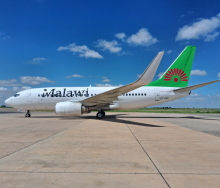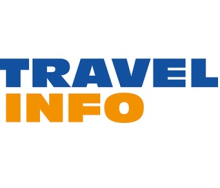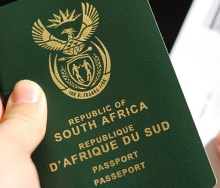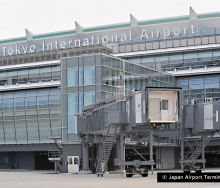Travel scams are becoming more sophisticated, with fraudsters creating fake airline apps to trick unsuspecting travellers. Cybercriminals are using social media ads to lure users into downloading malicious applications that steal sensitive information and banking details.
In a recent example, on January 27, news24.com reported that a pensioner, Mr Naidoo lost thousands after downloading a fake SAA app that was a malware scam. "My entire life's creditworthiness went down the drain in a matter of minutes," Naidoo told news24.com.
Naidoo downloaded the fake SAA app in response to an advert on social media that claimed that a download link would offer him additional discounts on SAA fares.
The app link and login process contained malware that enabled the fraudsters to receive full access to his mobile device, banking app and SMSs, allowing them to withdraw R177 000 from his accounts and leaving him with R85 000 in credit card debt and facing letters of demand.
Are airline apps the new threat?
“Scams that mimic travel brands are unfortunately not uncommon, as these brands are particularly appealing targets for fraudsters. Customers are naturally drawn to enticing offers, and the expectation of high transaction values makes it easier for scammers to exploit unsuspecting individuals,” explained Kirby Gordon, Chief Marketing Officer of FlySafair.
According to Gordon, while FlySafair has not come across scams mimicking its mobile app, it has had to combat some scammers posing under its brand offering subscriptions for access to cheap tickets.
“We are aware of the risks in the industry and take proactive steps to educate and protect our customers.”
Gordon offered some tips for travellers to ensure they are dealing with legitimate airline apps and offers:
- Question offers that are too good to be true: If a deal or offer feels suspiciously generous, it’s worth investigating further. Genuine discounts are often promoted through official channels like the airline’s website, app, or verified social media accounts.
- Verify the airline’s official website: Always start on the airline’s official homepage to ensure you’re engaging with the correct platform. Look for secure URLs that begin with https:// and check for the official domain name.
- Only download official apps: When downloading an airline’s app, always check the app publisher. Be cautious of apps with similar names or unusual logos, and look out for close misspellings of a brand name. Only use trusted app stores like Google Play or Apple’s App Store.
- Contact the airline directly if in doubt. When in doubt about an app, offer, or communication, contact the airline directly using the contact details provided on its official website.
- Be alert to unusual payment requests: Legitimate airlines typically offer secure payment gateways. If a site or app requests unusual payment methods, like direct bank transfers to a personal account, it’s a red flag.
“As a broader observation, we believe collaboration within the industry is vital to combat these scams. Sharing information and raising awareness can help customers make informed decisions and protect themselves against fraud,” concluded Gordon.















